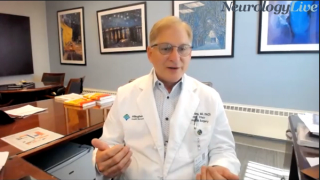Dementia and Alzheimer Disease
Latest News

Latest Videos
CME Content
More News
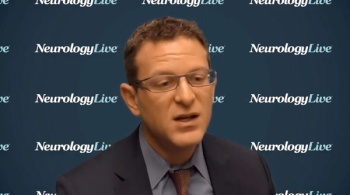
The breakthrough study is a concrete example of the opportunities that precision medicine present in the pursuit to prevent the onset of or worsening of diseases like Alzheimer dementia.

Bogged down by a decades-long chase for a common pathology, investigators exploring alternative and complimentary theories are pushing to extend their time in the spotlight.

Study results suggest that adherence to individually tailored interventions, including behavioral, dietary, pharmacologic, educational, and other recommendations can have a positive impact on cognition and reduce risk in patients across the clinical spectrum who have a family history of Alzheimer disease.

Reisa Sperling, MD sat down with NeurologyLive to discuss why she thinks investigational drugs for Alzheimer disease are failing, and what she feels are the most promising treatment avenues.

Neurology News Network for the week ending October 26, 2019.
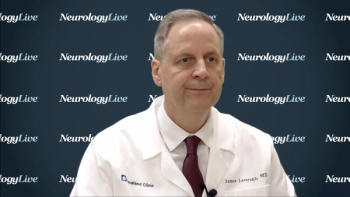
The director of the Cleveland Lou Ruvo Center for Brain Health at Cleveland Clinic laid out these challenges that he and his colleagues face in differentiating patients with Lewy body dementia from other dementia pathologies.

The agency sent a joint letter with the FTC to Rooted Apothecary LLC for claiming its CBD products can medically treat a number of conditions including Alzheimer disease and Parkinson disease. Since 2017, the FDA has issued more than 10 such letters.

After pulling the plug on trials in March 2019, Biogen has announced that an expanded analysis revealed significant positive results for aducanumab in patients with early Alzheimer disease.

Partnership between NIH and NINDS hopes to identify disease biomarkers and spur new clinical trials for frontotemporal lobar degeneration.
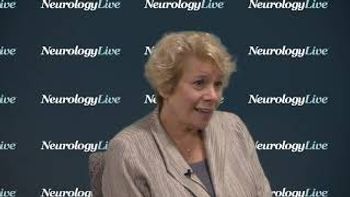
Sperling sat down with NeurologyLive at AAIC 2019 to discuss her thoughts on efforts to detect and treat Alzheimer early on in the disease.

Neurology News Network for the week ending October 12, 2019.

The findings have implications for ongoing early intervention research in Alzheimer disease and dementia since significant functional and neurocognitive declines were evident in middle age adults based on gait speed assessments.

The study unearthed a 20% diagnostic error rate with non-sex-specific parameters—10% false negatives in women and 10% false positives in men—which the authors found may be eliminated with gender-specific norms and cut scores.

The centers will make all data freely available to the greater research community, including those in academia and industry.
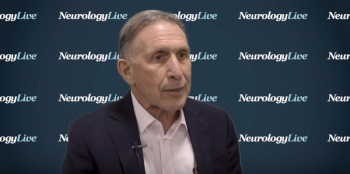
Bernard Baumel, MD, and colleagues at the University of Miami have recently launched a clinical trial to examine the safety and efficacy of multiple doses of human mesenchymal stem cells in patients with Alzheimer disease.

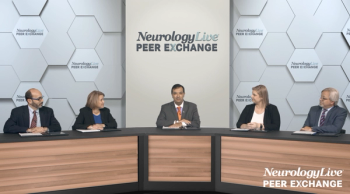
In recognition of World Alzheimer Day, experts in Alzheimer disease and dementia share insight from the latest Alzheimer Disease International's yearly World Alzheimer Report.

While AAN makes a push for annual cognitive assessments in older adults, the USPSTF found that there is not enough evidence to support routine screening.

The phase 3 clinical trial program included 2 identical, multicenter, double-blind, and placebo-controlled trials of the BACE inhibitor intended for the treatment of early Alzheimer disease.

The 1st Annual Congress on the Future of Neurology will take place September 27-28, 2019 at the InterContinental New York Times Square in New York City.

Neurology News Network for the week ending September 14, 2019.

The phase 3 clinical trial program included 2 identical, multicenter, double-blind, and placebo-controlled trials of the BACE inhibitor intended for the treatment of early Alzheimer disease.

The drug is currently approved for the treatment of Parkinson disease-related psychosis, and is also being explored in schizophrenia and major depressive disorder.

The confirmatory phase 2 study by Neurotrope sought to assess the safety, efficacy, and tolerability of intravenous Bryostatin-1 20µg in 108 participants with AD who were not taking memantine.

The founder and CEO of NeuroEM Therapeutics discussed the potential of transcranial electromagnetic treatment and shared insight into the advantages it may hold over the traditional treatment route.




